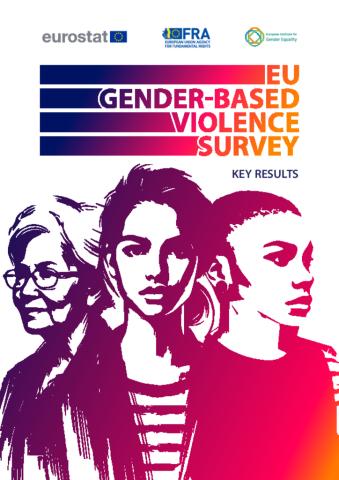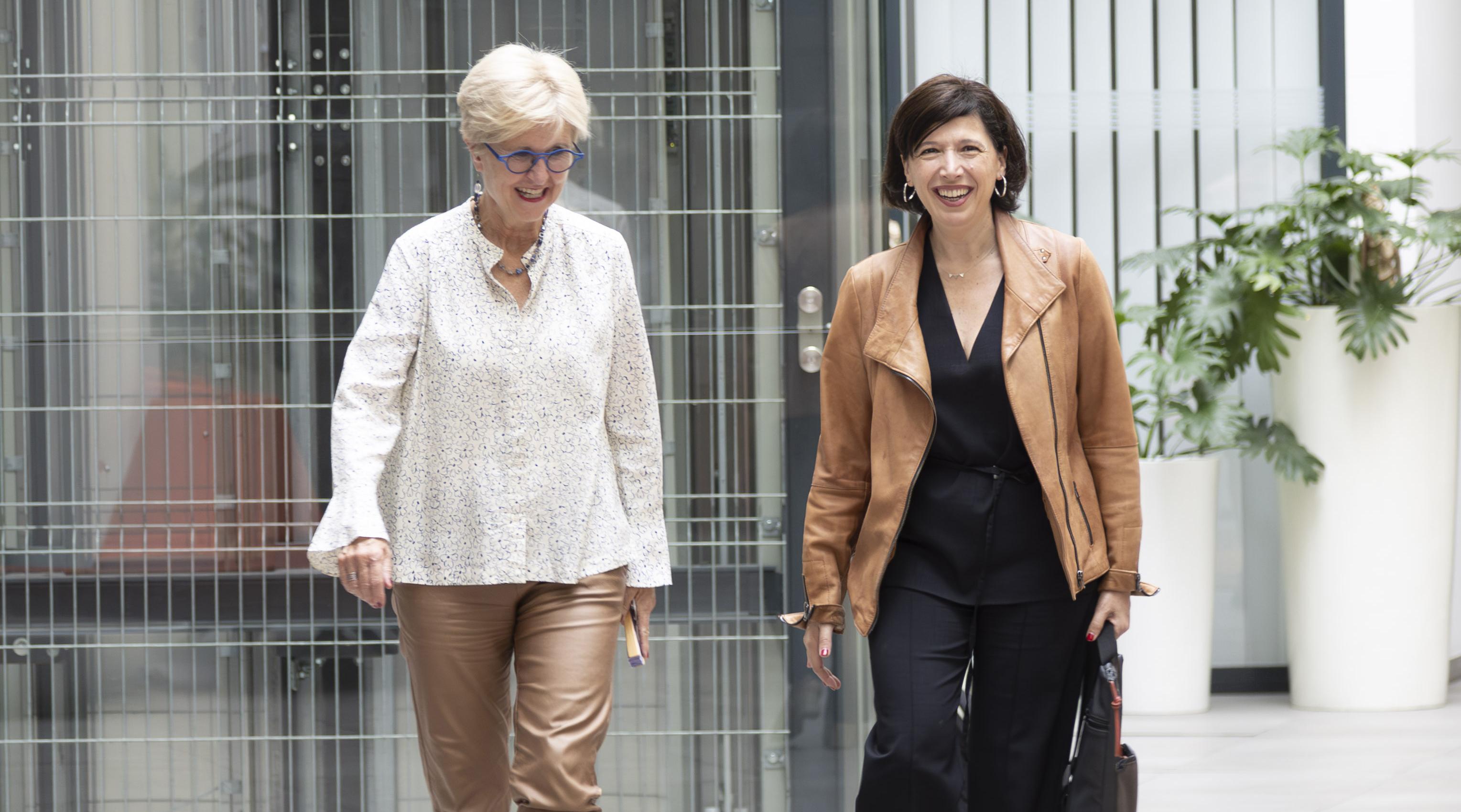On the International Day for the Elimination of Violence against Women, Director Carlien Scheele gives an opening statement in the press briefing for the release of the EU gender-based violence survey data on 25 November 2024 at the Residence Palace, Brussels alongside Eurostat’s Director of Social Statistics, Christine Wirtz and Director of the EU Fundamental Rights Agency, Sirpa Rautio.
Good morning,
Much like my colleagues here today, we all agree that it’s wrong to attack, sexually harass, or humiliate a woman or girl. And yet the picture that arises from the survey results just presented, shows that we have a huge problem.
I had hoped for a while that we would do better than the statistics we just heard.
I’m sure you can all imagine, for EIGE - the EU’s gender equality Agency - the results today, hit especially hard.
For a truly gender-equal society, women are owed much better than this at the very least.
The troubling reality is not just in how many women experience violence in the EU, it’s also how many women DON’T report experiences of violence - for example because they feel that they cannot escape a situation of violence or seek support or report an incident.
Just over 1 in 8 victims report.
Which says a great deal about how our societies frame violence against women.
Shame and blame precede the phenomenon.
‘Why did you stay?’
‘Why didn’t you report it sooner?’
‘What did you do to trigger him?’
We need tangible steps. Steps that measure the scale of the problem. And steps that policymakers, professionals and yes, all of us can take to eradicate it.
Firstly, we need to develop effective prevention measures, and services through which authorities truly support women.
If we want to see more women come forward, all the measures and services must prioritise victim-centred, age and culturally sensitive approaches to prevent violence and support survivors. That way we could see more women trusting that they will receive adequate and tailored support.
Secondly, we need to enforce the existing (criminal) justice mechanisms that hold perpetrators accountable. But we need more than that.
Today's report demands a serious look at the systemic issues we need to overcome to end gender-based violence.
Violence against women is rooted in control, dominance and structural inequality. As if to say, women are not worthy to live a life of free choice.
With the adoption of the EU Directive to combat violence against women and domestic violence as well as the ratification of the Istanbul Convention, we have the tools we need to ensure that governments deliver a life of safety and opportunity for the women and girls we care about.
If governments commit to the above, we can make sure that someday, someone we love will have a route to safety if they need it. And that commitment should translate into resources for prevention, protection and prosecution.
In a crisis situation – be it Covid or the energy crisis, the EU got its act together at rapid speed. Violence against women is also a crisis situation. That same urgent response afforded to other crises is needed to ensure women’s safety in the EU. Because we want the women and girls in our lives to feel safe whether they’re at home, at work, out with friends or taking the bus across town.
So I ask you, having seen this data, what steps are you going to take?
Thank you very much.
Keep reading
Focus paper: EU gender-based violence survey - Key results
Eurostat, FRA and EIGE reveal the state of play of gender-based violence in the EU




